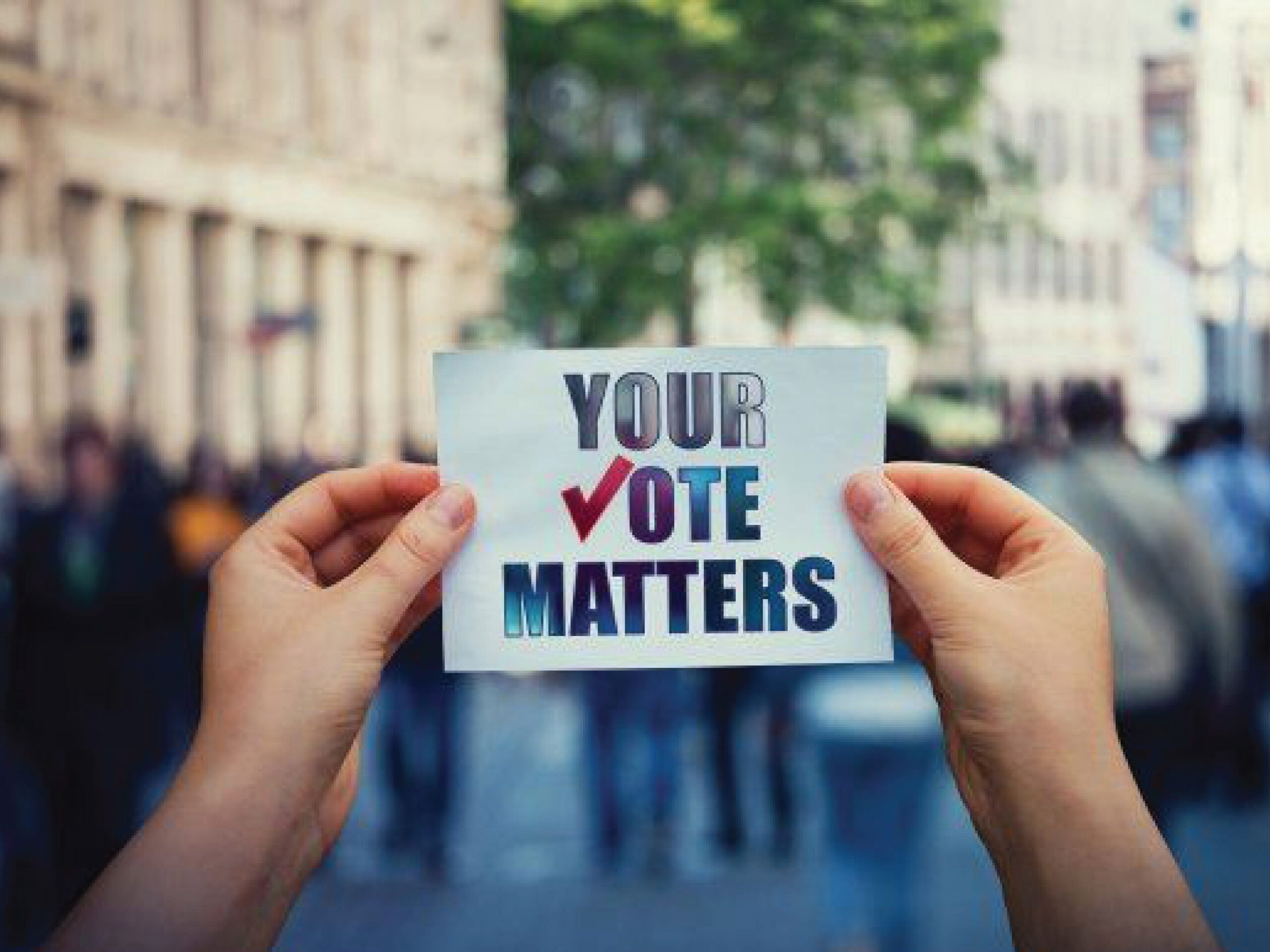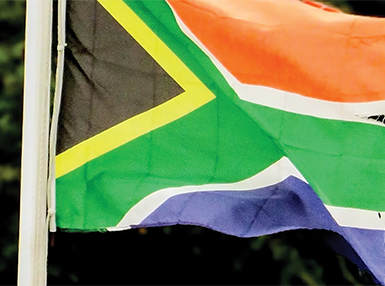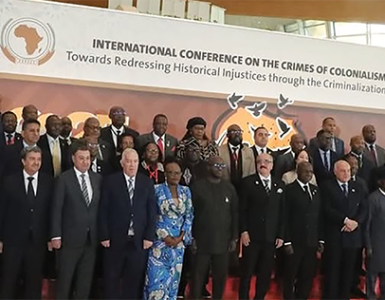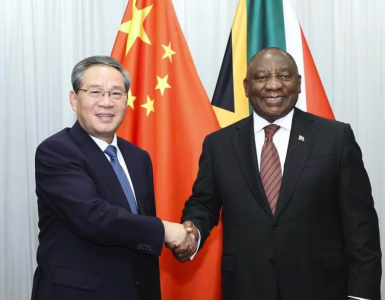VOTER APATHY: Statistics show voter participation in South Africa has dropped by 36% in the past 20 years…
By Ido Lekota
The silly season is upon us, with millions of South African voters expected to go to the polls in a few weeks’ time to elect their local government representatives. The kick-off for the regular bouts of political mendacity happened last week during a TV talk show where politicians from the ANC, DA and ActionSA called on South Africans to vote for their respective parties because they have the mettle to deliver the much needed political and economic goods.
First was City of Johannesburg executive mayor Jolidee Matongo crowing about how as a ruling party since 1994, the ANC has gained the experience to run metropolises such as Johannesburg efficiently.
Matongo conveniently forgot that it was under the leadership of the now late ANC executive mayor Geoff Makhubu that the City of Joburg was found by the South Gauteng High Court to have acted inhumanly and illegally in evicting vulnerable people from a block of flats in Fleurhof during the first national Covid 19 lockdown.
Following him in political dishonesty was City of Joburg MMC for Health Dr Mpho Phalatsi who brazenly declared that the DA was the most efficient governing party for local government. She discounted the experiences of Cape Town Black residents who have suffered indignity and humiliation under the DA-led City of Cape.
This includes covering themselves with blankets when using the city-built open-air toilets, and in the case of Bulelani Qolani being publicly dragged naked out of his shack by the city of Cape Town police. Such inhuman treatment is most probably linked to the previous assertion by the then DA Premier Hellen Zille that Black Western Cape residents are “foreigners who have invaded the province.”
Going on his usual xenophobic rant ActionSA leader Herman Mashaba called on the residents to vote for his party because he has the capacity “to deliver a clean and prosperous city of Johannesburg by efficiently dealing with illegal immigrants who are running it down.” The much-expected mendacity aside, several factors are making this year’s local government elections outstandingly important. One of the critical factors is that these local government elections and the forthcoming 2014 general elections happen when South Africa is experiencing three centuries of democracy.
To this end, these elections are a test of whether the 30-year old democracy project in South Africa has successfully delivered both the political ( good governance and freedoms) and economic goods ( poverty reduction and employment) as expected by the electorate.
Unfortunately, with the country having slipped into recession in 2020; the economic impact of Covid 19; the recently announced unemployment rate of 34.4% (7,8 million unemployed); the revelations by the Zondo Commission about large-scale corruption in government and the private sector; as well as the failure by Eskom to provide sustainable and affordable electricity to the vulnerable majority – the country seems to be running on both an economic and political deficit when it comes to the state of our democracy.
A 2018 survey by the independent Pan-African research network Afrobarometer revealed that South Africa had slipped into a “political recession” even before the Covid19 pandemic. The survey revealed South Africa’s confidence in elections to bring change into the lives drop from 70% in 2015 to 61% in 2018. Of much concern is that 62% of the polled South Africans were willing to give up elections for a non-elected government that provides for their needs, including housing, security and employment. This view was held by 67% of young people aged between 18-35 yrs.
The unfortunate impact of the picture painted by the Afrobarometer has been the kind of apathy displayed by the South African electorate – especially among the youth whom statistics show they the most feeling the brunt of the country’s economic recession.
Statistics show that voter participation in South Africa has dropped by 36% in the past twenty years – from 86% in 1994 to 49% in 2019.
This is a matter of grave concern given the role of voting in building a vibrant and robust representative participatory like ours in South Africa. Essentially by not voting, the electorate abdicates its responsibility of electing members of the most important institution in our form of democracy – parliament.
As parliament has previously said, the most effective way to redress the country’s democracy project’s dire situation is through voter education combined with qualitative civic education.
Voter education is essential because it ensures that voters effectively exercise their voting rights and express their political will through the electoral process. Voter education needs to be supplemented by ongoing civic education efforts which promote democratic participation.
Ido Lekota is an independent socio-political commentator.
































